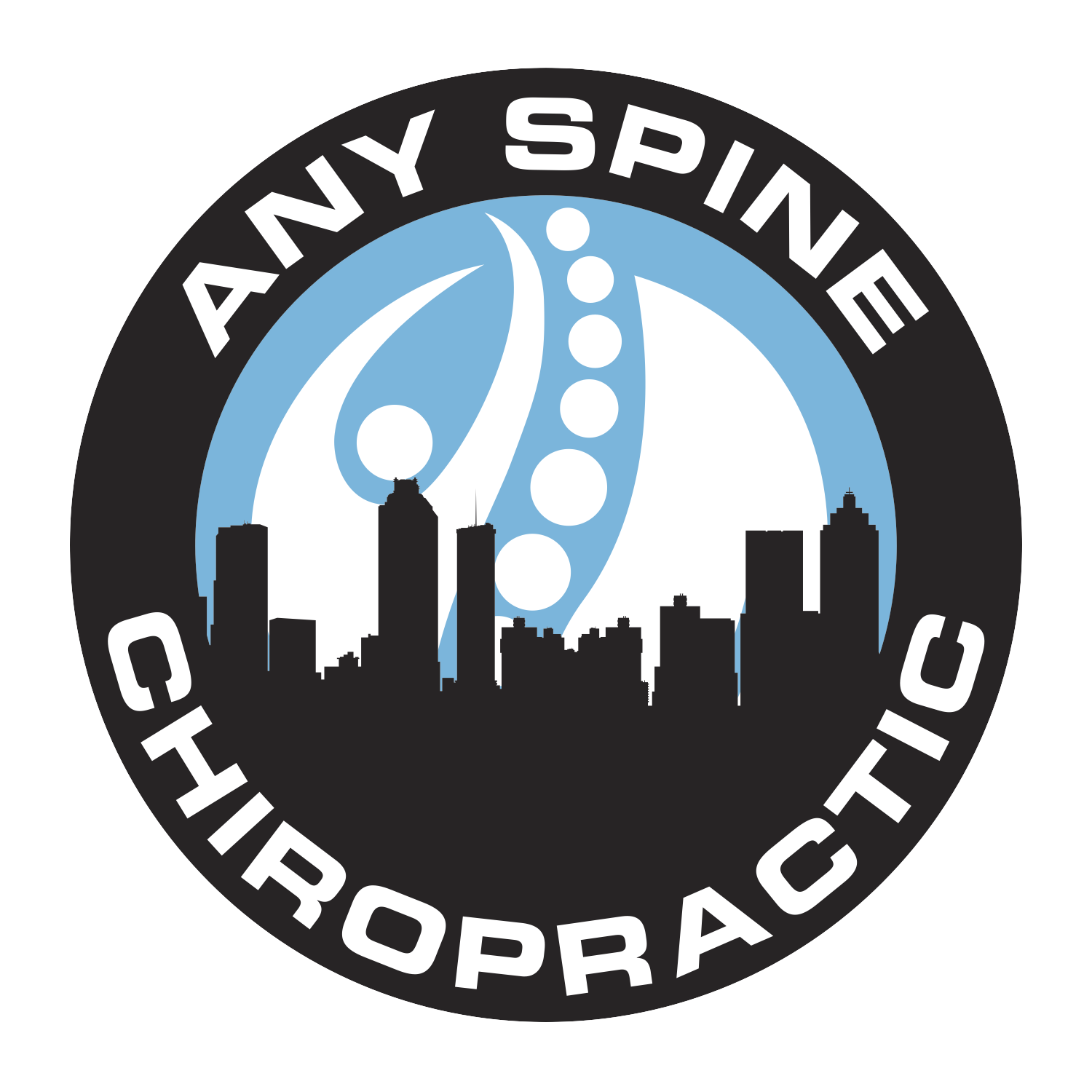Early Detection & Prevention: Essential Steps for Breast Cancer Awareness Month
TL;DR
• Early Detection Saves Lives: Regular screenings and self-exams can catch breast cancer early, increasing treatment success.
• Prevention is Key: Maintain a healthy lifestyle, be aware of risk factors, and discuss genetic testing with your doctor if applicable.
• Stay Informed and Proactive: Utilize the resources available during Breast Cancer Awareness Month to stay educated and take action.
Early Detection & Prevention: Essential Steps for Breast Cancer Awareness Month
Breast Cancer Awareness Month, observed every October, is a crucial time to educate and empower women about the importance of early detection and prevention of breast cancer. Understanding the steps you can take to protect your health can make all the difference. Here’s a comprehensive guide filled with fun facts and vital information to help you stay proactive.
The Importance of Early Detection
Early detection is crucial because it significantly increases the chances of successful treatment and survival. When breast cancer is found early, before it has spread to other parts of the body, the five-year relative survival rate is 99%.
Mammograms: The most effective way to detect breast cancer early is through regular mammograms. Women aged 40 and older are advised to have a mammogram every year. If you have a family history of breast cancer, your doctor may recommend starting earlier.
Clinical Breast Exams and Self-Exams: In addition to mammograms, clinical breast exams by a healthcare professional and monthly self-exams are important. Familiarizing yourself with the look and feel of your breasts can help you notice any changes.
Steps for Prevention
Healthy Lifestyle Choices: Making certain lifestyle changes can reduce your risk of breast cancer. Here are some key steps:
• Maintain a Healthy Weight: Obesity, especially after menopause, can increase the risk of breast cancer. Aim for a balanced diet rich in fruits, vegetables, and whole grains.
• Exercise Regularly: Physical activity helps regulate hormones and boost your immune system. Aim for at least 150 minutes of moderate exercise or 75 minutes of vigorous exercise each week.
• Limit Alcohol Consumption: Alcohol consumption is linked to an increased risk of breast cancer. Women should limit their intake to one drink per day.
Know Your Risk Factors: Understanding your personal risk factors can help you make informed decisions about your health. Factors include:
• Family History: If breast cancer runs in your family, particularly in a first-degree relative (mother, sister, daughter), your risk is higher.
• Genetic Mutations: Certain genetic mutations, such as BRCA1 and BRCA2, increase the risk of breast cancer. Genetic testing can help identify these mutations.
• Hormone Replacement Therapy: Long-term use of hormone replacement therapy (HRT) can increase the risk. Discuss the benefits and risks with your doctor.
Preventive Medications and Surgery: For women at high risk, preventive options such as medications or prophylactic surgery (removal of breasts) can significantly reduce the risk. This is a personal decision that should be made in consultation with healthcare professionals.
Stay Informed and Proactive
Breast Cancer Awareness Month is the perfect time to take charge of your health. Here are some fun facts and additional resources:
• Pink Ribbon Symbol: The pink ribbon became the official symbol of breast cancer awareness in 1992, representing hope and solidarity.
• Mammogram Parties: Some communities host mammogram parties where women can get screened together, making the experience less daunting and more supportive.
• Support Groups: Connecting with others who are going through similar experiences can provide emotional support and valuable information.
Utilize Available Resources:
• National Breast Cancer Foundation: Offers a wealth of information and resources, including early detection plans.
• Susan G. Komen Foundation: Provides support services, educational materials, and information about local events.
By staying informed, making healthy lifestyle choices, and getting regular screenings, you can take proactive steps to protect your health. Early detection and prevention are your best defenses against breast cancer. Let’s work together this Breast Cancer Awareness Month to spread knowledge, support each other, and make a difference.
Feel free to share this article with friends, family, and colleagues. Together, we can raise awareness and support the fight against breast cancer.





